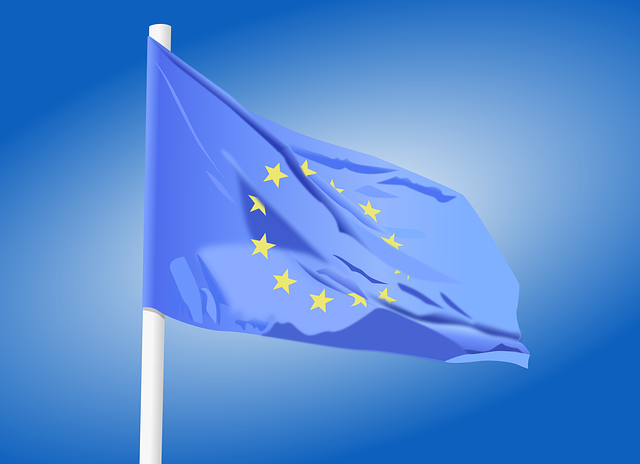Brussels, May 2025 –
The European Union’s High Representative for Foreign Affairs, Kaja Kallas, has called on Israel to immediately lift its blockade on humanitarian aid to Gaza, now in its ninth consecutive week, warning that the obstruction violates international law and exacerbates civilian suffering.
In a phone conversation with Israeli Foreign Minister Gideon Sa’ar on Tuesday, Kallas condemned what she described as the “politicization of humanitarian aid,” stressing that assistance must be delivered “freely and independently” by humanitarian organizations, without interference.
According to Jurist, citing UN sources, no aid has been permitted to enter Gaza in recent weeks. The UN Relief and Works Agency (UNRWA) has stated that there is no credible evidence to support Israeli claims that humanitarian supplies have been diverted to Hamas. Nonetheless, Israel’s Foreign Minister defended the blockade, describing it as a shift in how Israel manages the entry of goods and asserting that the measures are necessary to prevent aid from strengthening Hamas.
International law, however, is clear on the matter. Under customary international humanitarian law and Article 23 of the Fourth Geneva Convention, parties to a conflict must allow unimpeded passage of humanitarian relief to civilians in need. Furthermore, the use of starvation as a method of warfare is explicitly prohibited.
The UN Office for the Coordination of Humanitarian Affairs (OCHA) reports that over 439,000 people are currently displaced in Gaza. Essential supplies—food, water, fuel, and medicine—are critically depleted, raising alarm among international agencies. Human rights experts have warned that the situation may amount to collective punishment and could violate the Rome Statute of the International Criminal Court.
The humanitarian crisis unfolds amid reports of Israeli military plans to expand ground operations in Gaza and potentially expel sections of the Palestinian population—a move that, if confirmed, would violate principles of international humanitarian and refugee law.
As the EU’s top foreign affairs official, Kallas represents the bloc’s foreign policy at both the European Commission and European Council levels. Her remarks reflect growing frustration within the EU over Israel’s conduct in Gaza and signal mounting pressure from European capitals for compliance with humanitarian obligations.
This summary is based on reporting by Conor Doran for Jurist (University College Cork School of Law), as well as official statements from the UN and EU institutions.



